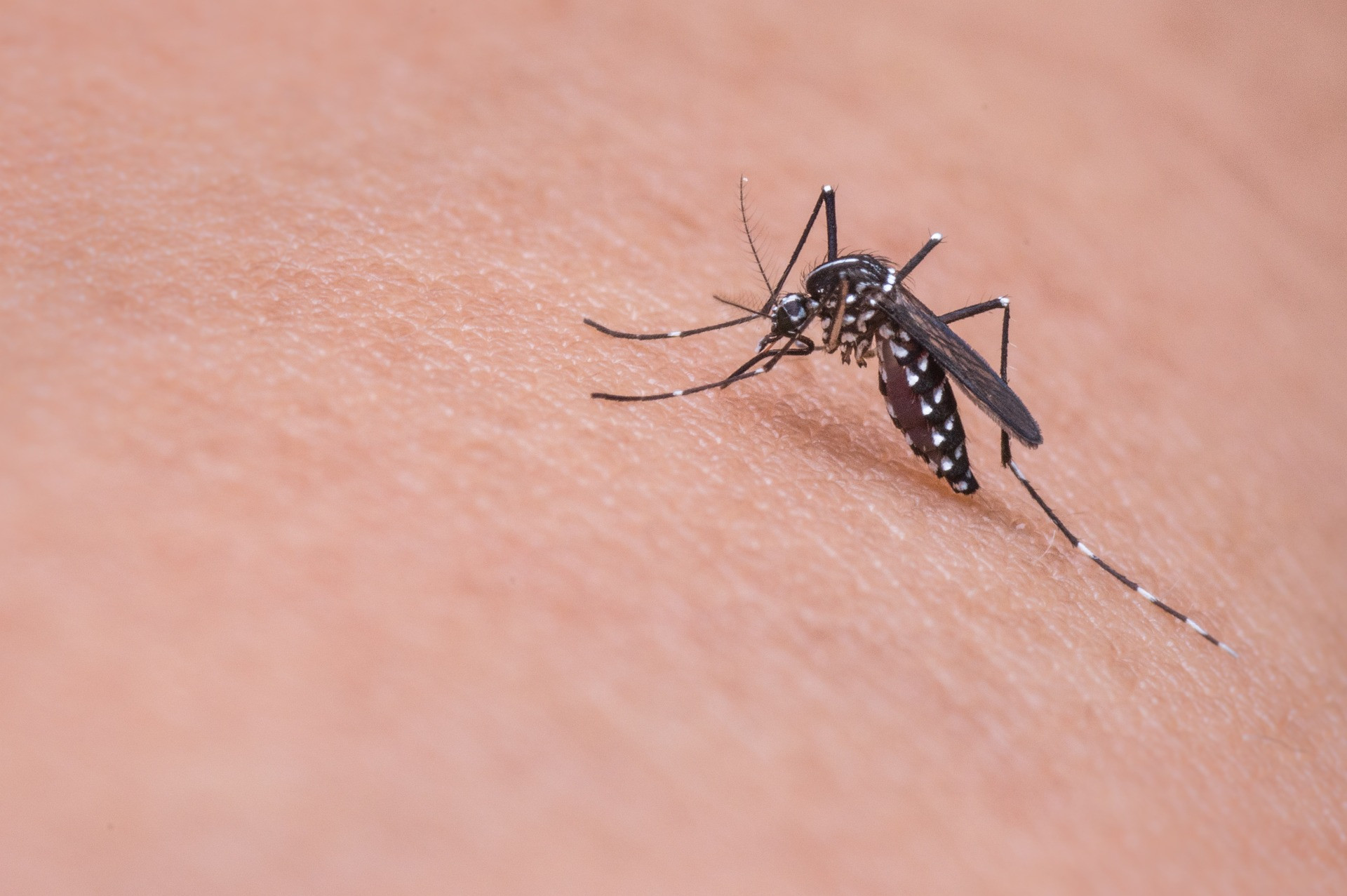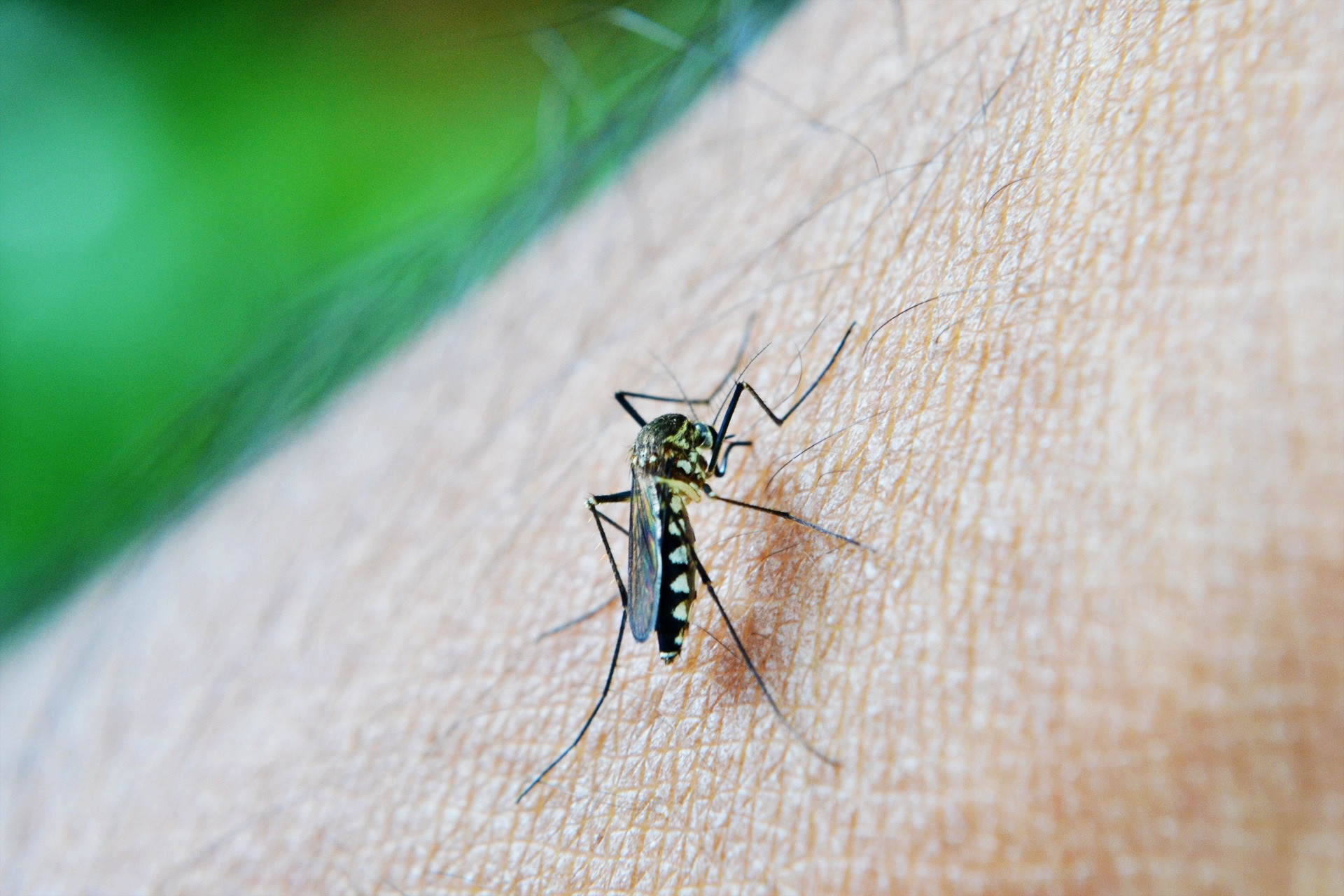Definition
Malaria is a serious disease transmitted by mosquitoes infected with the Plasmodium parasite. When an infected mosquito bites a person, the parasite enters the bloodstream. Malaria is caused by parasites, not viruses or bacteria. Once the Plasmodium parasite enters the body, it travels to the liver, where it matures. Several days later, mature parasites enter the bloodstream and infect red blood cells.
Within 48 to 72 hours, the parasites inside the red blood cells multiply, causing the cells to burst. This infection cycle continues, leading to symptom cycles occurring every 2 to 3 days.
Causes
Malaria occurs when mosquitoes carrying the Plasmodium parasite bite humans. When a mosquito bites someone infected with malaria, it also becomes infected. Five species of Plasmodium parasites can infect humans: Plasmodium falciparum, P. vivax, P. ovale, P. malariae, and P. knowlesi, which is primarily found in Southeast Asia and can also infect humans.
P. falciparum is the most common among these species, often leading to severe infections. If not promptly treated, malaria can be fatal. Pregnant women infected with malaria can transmit it to their babies during childbirth, a condition known as congenital malaria.
Because malaria is transmitted through the blood, it can also be spread through organ transplantation, blood transfusion, and shared needle use.
Risk factor
While everyone is at risk of contracting malaria, individuals living in Africa face a higher risk of infection due to the prevalence of the disease in the region. Children, the elderly, and pregnant women are particularly vulnerable and may have difficulty recovering from malaria.
Moreover, travelers from non-malaria-endemic countries can become infected with malaria when visiting areas where the disease is prevalent.
Symptoms
The symptoms of malaria often resemble those of flu-like illness, including:
- Fever and sweating
- Shivering that shakes the whole body
- Headache
- Muscle pain
- Fatigue
- Chest pain
- Breathing problems and coughing
- Digestive disturbances such as diarrhea, nausea, and vomiting
In addition, if malaria worsens, it can lead to anemia and jaundice (yellowing of the skin and whites of the eyes). In severe cases, patients may experience a coma known as cerebral malaria. Symptoms of malaria typically manifest 10 days to one month after infection.
Interestingly, some individuals may not experience symptoms until a year after being bitten by an infected mosquito. The parasite can sometimes reside in the body for several years without causing symptoms. Certain types of malaria, depending on the parasite species, can recur. Inactive parasites in the liver can be released into the bloodstream even years later, leading to the reappearance of symptoms.
Diagnosis
When visiting a doctor for suspected malaria, they will examine your symptoms and recent travel history. It's crucial to provide detailed information about the countries or regions you have recently visited to help the doctor assess your risk accurately.
The doctor will then take a blood sample and send it to the laboratory for analysis to check for the presence of Plasmodium parasites. This blood test confirms whether you have malaria and identifies the specific type of parasite causing the symptoms. Additionally, the test assesses for anemia, a common effect of malaria. Based on the test results, the doctor will determine the appropriate therapy to administer.
Management
Timely treatment for malaria is essential and usually takes place in hospitals. Physicians prescribe drugs to eliminate the parasites, though some strains may resist certain malaria medications. To address this, combination therapies, which include multiple drugs, are often employed to overcome resistance.
The specific type of parasite identified in the blood test will determine the type and duration of treatment. Common antimalarial drugs include artemisinin-based drugs, atovaquone, doxycycline, mefloquine, quinine, and primaquine.
In cases of drug resistance, combination therapy may be necessary. Certain malaria parasites, such as P. vivax and P. ovale, can remain dormant in the body for extended periods and cause recurrent infections. If you have this condition, your doctor may prescribe a second medication to prevent recurrence.
It's essential to note that treatment approaches may vary depending on factors such as the type of malaria parasite, the severity of symptoms, geographical location, previous antimalarial drug use, and pregnancy status. Your doctor will take these factors into account when determining the appropriate treatment.
Complications
Complications of malaria can lead to life-threatening conditions, including:
- Swelling of blood vessels in the brain, known as cerebral malaria
- Accumulation of fluid in the lungs, resulting in breathing difficulties or pulmonary edema
- Organ failure affecting the kidneys, liver, or spleen
- Anemia caused by the destruction of red blood cells
- Low blood sugar levels
Prevention
While there is currently no vaccine to prevent malaria, the RTS, S/AS01 vaccine has been recommended for use in children in high-risk malaria-endemic areas since October 2021, particularly for protection against P. falciparum malaria transmission.
If you plan to travel to malaria-endemic areas or reside in such regions, discussing preventive measures with your doctor is essential. They may prescribe medication to prevent the disease, typically the same as those used for malaria treatment and can be taken before, during, and after your trip.
In addition to medication, discussing long-term prevention strategies with your doctor is crucial. If you live in an area where malaria is prevalent, sleeping under mosquito nets can help prevent mosquito bites. Applying insect repellent containing DEET to your skin is another effective measure to prevent infection.
When to see a doctor?
If you are planning to travel to or reside in a country or region where malaria is common and experience symptoms of malaria, it's crucial to contact a doctor immediately. An early diagnosis facilitates more effective treatment.
Additionally, it's essential to inform your doctor if you experience any side effects from the antimalarial drugs you are taking. These side effects may include gastrointestinal disturbances such as nausea and diarrhea, headache, increased sensitivity to light, insomnia and sleep disturbances, physical discomfort and vision disturbances, ringing in the ears, seizures, and anemia.
Looking for more information about other diseases? Click here!
- dr. Lukita Tarigan
Burke, D. (2019, March 8). Malaria: Causes, symptoms, and diagnosis. Healthline. https://www.healthline.com/health/malaria
Centers for Disease Control and Prevention. (2022, March 22). CDC - Malaria - about malaria - faqs. Centers for Disease Control and Prevention. https://www.cdc.gov/malaria/about/faqs.html
Malaria: Causes, symptoms, diagnosis, treatment & prevention. Cleveland Clinic. (n.d.). https://my.clevelandclinic.org/health/diseases/15014-malaria
Mayo Foundation for Medical Education and Research. (2023, February 9). Malaria. Mayo Clinic. https://www.mayoclinic.org/diseases-conditions/malaria/symptoms-causes/syc-20351184
World Health Organization. (n.d.). Fact sheet about malaria. World Health Organization. https://www.who.int/news-room/fact-sheets/detail/malaria











